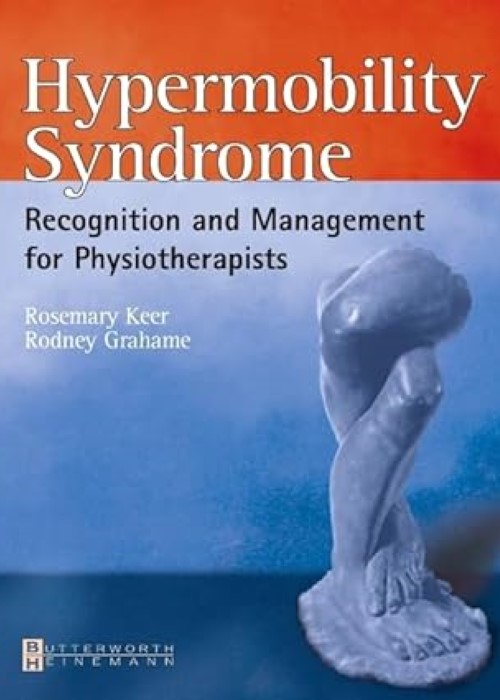Hypermobility Syndrome: Diagnosis and Management for Physiotherapists 1ed
Following a brief description of the historical and genetic background of the condition HMS is described in relation to other connective tissue disorders, such as Ehlers-Danlos syndrome, the Marfan Syndrome etc.
Not in Stock. Ships in: 4-6 weeks
Details
Hypermobility Syndrome: Diagnosis and Management for Physiotherapists 1ed
Following a brief description of the historical and genetic background of the condition HMS is described in relation to other connective tissue disorders, such as Ehlers-Danlos syndrome, the Marfan Syndrome etc. The hypermobility syndrome is distinct from hypermobility (as in one joint only), which most physiotherapists are familiar with, and this difference will be explored. Hypermobility, is something people are born with, but it does not necessarily produce symptoms. It is present in between 5-15% of the population. Many of these will suffer symptoms at some stage in their life. It may occur in childhood, adolescence, adulthood, pregnancy or old age. Each of these stages is covered in the book, with detailed information on the presentation of the condition and its management. There are contributions from a variety of medical practitioners experienced in this field:. Consultant Rheumatologist, Professor R Grahame, Consultant Paediatrician, Dr K Murray, GP, Dr E Mansi, several physiotherapists, who specialise in different areas; Rosemary Keer (adults), Alison Middleditch (adolescents), Vicky Harding (Chronic pain), Jane Simmonds (Rehabilitation) & Sue Maillard (paediatric). There will also be a contribution from Sarah Gurley-Green, past Chairperson to the Hypermobility Syndrome association.
Key Features:
- Demonstrates how to identify the condition in the clinic.
- Discusses treatment and management strategies.
- Provides examples in the form of case studies.
- Includes details of a comprehensive assessment procedure, which differs depending on the stage of the disorder and the age of the patient.
- Features contributions by experts in a range of medical fields.
| Book | |
|---|---|
| Author | Keer, Rosemary |
| Pages | 188 |
| Year | 2003 |
| ISBN | 9780750653909 |
| Publisher | Elsevier |
| Language | English |
| Uncategorized | |
| Edition | 1/e |
| Weight | 380 g |
| Dimensions | 19.05 x 24.38 x 0.91 cm |
| Binding | Paperback |
| Imprint | Butterworth-Heinemann |


